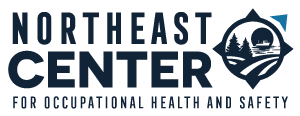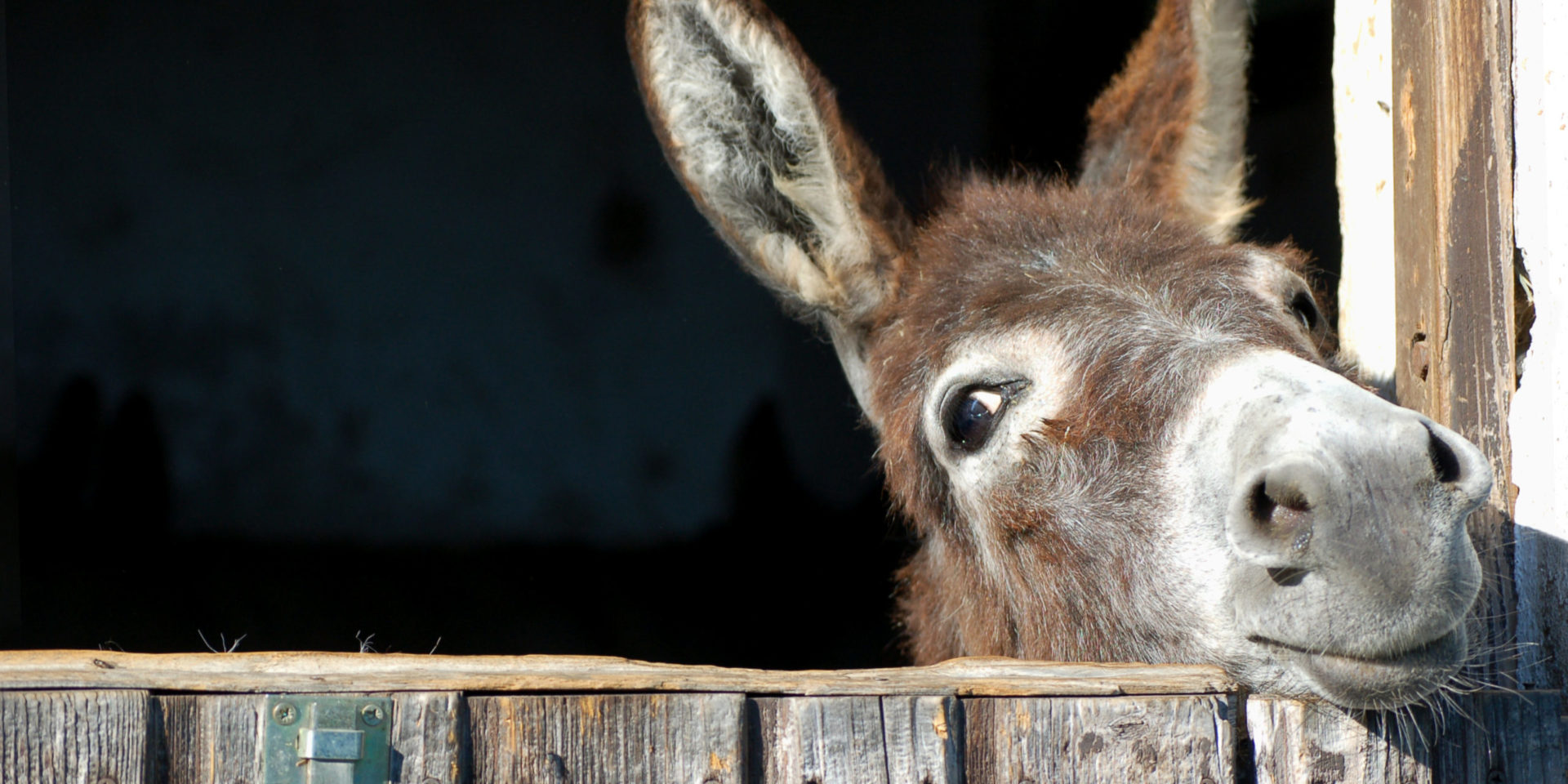I’ve been a horse lover my entire life. In the past few years, though, I’ve had the pleasure of working with and getting to know a little about donkeys. The other day I was watching my newest donkey, Bella. She is only three years old and recently lost her baby, when my husband and I rescued her. As I watched her cautiously settling into her new surroundings and becoming acquainted with our old donkey Pearl, I found myself thinking of how different donkeys are from horses. It also made me think that, when it comes to working and staying safe on a farm, there’s a lesson to be learned from a donkey.
Horses have a very high “flight” response. They do not stop to think. They react. When a horse spooks, its instinct to bolt and think about it later. This has worked well for horses surviving in the wild. It is also why it takes consistent training for them to learn to trust you and to “think” before reacting.
Donkeys are the opposite. Donkeys have less “flight” and more “fight” response. This is why they are widely used as guardian animals for various livestock. They think every situation over before reacting. They do not put themselves into places if they are not sure it is safe. This has earned them a reputation for sometimes being stubborn when actually they are thinking of safety first.
At a time when the world seems a bit crazy—between the COVID-19 pandemic and all of the other obstacles and uncertainties facing the agricultural industry—perhaps we can all benefit from thinking and acting more like a donkey. In other words: slow down for a few seconds, pay attention to your surroundings, and think about safety while you’re out there working long hours around machinery and animals. It only takes seconds for an accident to change everything.
Take a lesson from Bella. When you’re stressed, don’t act like a horse. Act more like a… donkey!
-Posted by Pauline Boyer
Pauline Boyer is the Outreach Coordinator for the Northeast Center for Occupational Health and Safety, a non-profit center working to identifying strategies to keep you, your family, and your workers safe. Learn more about its many free services at www.necenter.org or call Pauline directly at 800-343-7527.
September 20-26 is National Farm Health and Safety Week.
Subscribe to Our Newsletter
Stay up-to-date with the latest from Northeast Center!


